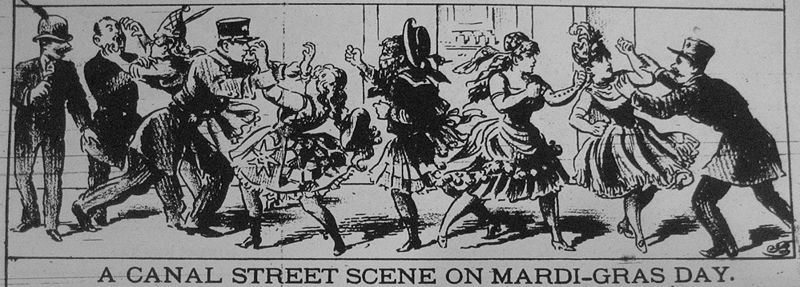Women who received testosterone showed more prosocial behavior than those who received a placebo, when they participated in the "ultimatum game"

Yonat Ashhar and Noam Levithan Galileo
How do people behave when there is an excess of testosterone in their blood? It turns out that the answer to this is not as simple as it is commonly thought. From studies done in the past in rodents, it became clear that testosterone can cause aggressive behavior, and in humans, too, evidence was found linking a high level of testosterone in the blood to aggressiveness and antisociality: all this led to the widespread belief about the problematic effect of this hormone. But is this the truth? Several researchers have suggested in recent years that perhaps testosterone is actually related to the desire to establish the status of a certain individual in society, something that manifests itself in certain situations - but not always - in aggression.
Economist Ernst Fehr and his colleagues from the University of Zurich in Switzerland decided to test the issue with the help of the "ultimatum game" - a game that has already been used in many psychological and economic experiments. In this game, the participants are divided into pairs. In each pair, participant A receives a certain amount - say, 100 shekels - and must offer part of the amount to participant B. If Participant B accepts the offer, the deal goes through and everyone gets the money they were promised. If Participant B refuses, the transaction does not go through, the money goes back to the experimenters and no one profits. People usually tend to make quite generous offers - some offer 40 or 45 shekels, and many offer 50. They may be motivated by a sense of justice, and they may simply worry that if the division is clearly unjust, the other party will not agree to accept it, and they are usually right. Very few people will agree to receive 5% of the money, even though a refusal means that they will receive nothing (that is, from a rational point of view, "cold" deserves to be agreed).
In a study recently published in the science weekly Nature, the researchers tested whether a dose of testosterone affects the way women play the ultimatum game. Women and not men were chosen for the study, because the basic level of testosterone in women's blood is low and fairly constant, and unlike men, there is a lot of variation that may affect the results.
When the women who received the testosterone dose played as party A, who had to offer money, they tended to make more generous offers - that is, they tended to divide the spoils more fairly than subjects who received a placebo. The researchers explain this by the fact that the hormone made the subjects want to strengthen their position in the group, avoid rejection and ensure the attainment of the resource - the money. Under these conditions, the safest way to do this is to behave in a pro-social way.
Another possibility is that the hormone simply made the subjects behave more altruistically. The researchers acknowledge this possibility, but reject it based on the behavior of the subjects when they played the role of a second party, who is supposed to accept or reject the offer. In this case, no difference was observed between the behavior of the test subjects who received testosterone or placebo, whereas if the hormone did cause them to behave more altruistically, then we would expect to see fewer rejections of the offer in the test subjects who received it.
It should be noted that it is difficult to conclude from the research on the activity of the hormone on the second half of the human race. From previous studies it seems that there is a slightly different effect of sex hormones on men and women. The researchers also did not examine whether women react differently when the other participant in the ultimatum game is a man rather than a woman.
Finally, the study revealed one more surprise. In all the experiments we described above, the subjects did not know, of course, whether they were receiving a hormone or a placebo. Will knowledge affect their performance? It turns out that it is! When subjects received a placebo but were told they were receiving testosterone, they tended to make less generous offers than those who were told they were receiving a placebo. It seems that the popular perception about the hormone affected them, and they felt that they "had an excuse" to behave in a less pro-social way - without knowing that the true effect of the hormone is exactly the opposite...

One response
Testosterone causes aggression, horniness, intense jealousy and stench.